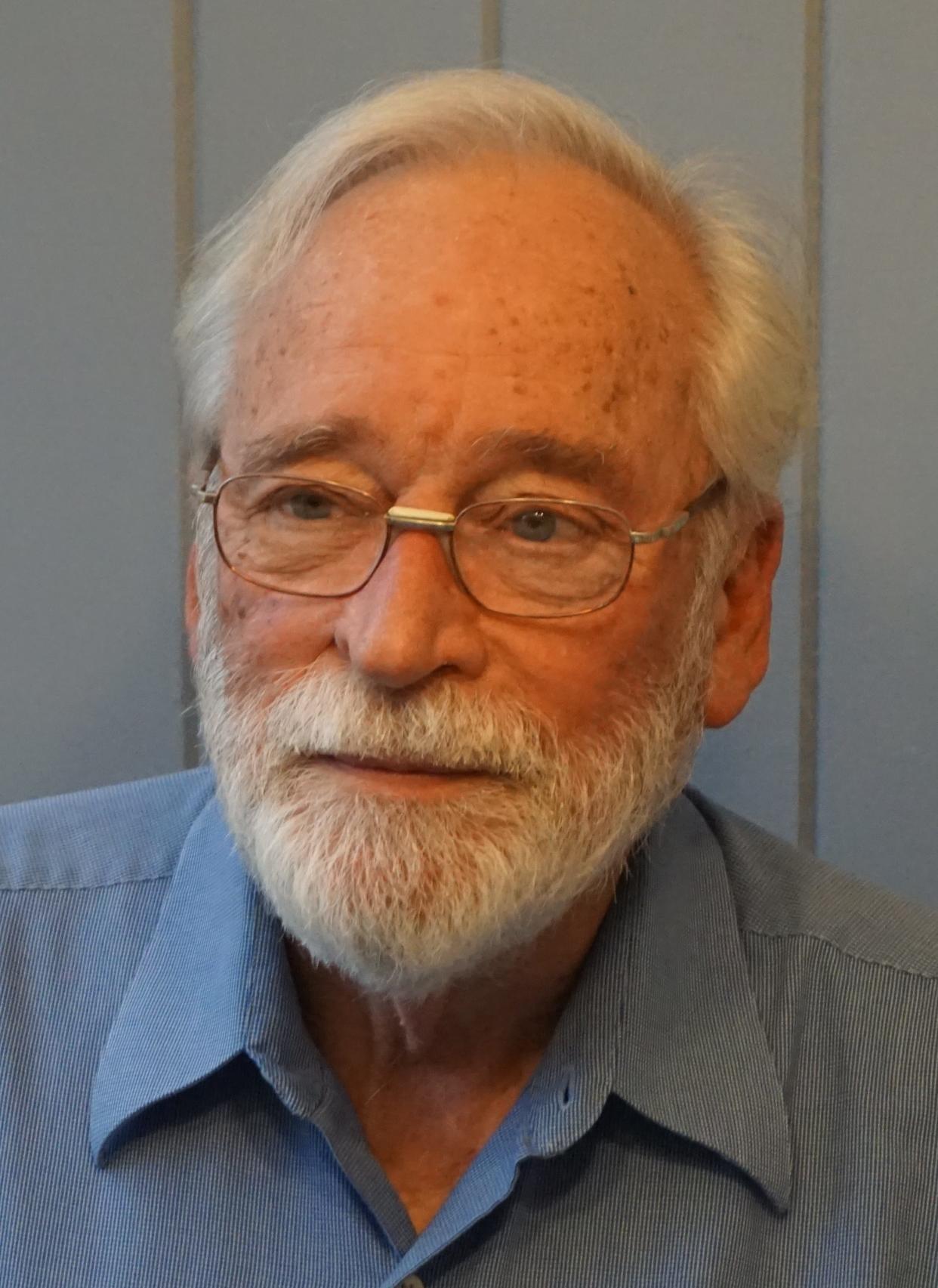Charles C. Milliken: Report from the Camino: The people of the Camino

After trekking for nearly three weeks across northern Spain, I've encountered people from about a dozen and a half nations including virtually every country in Western and Central Europe, North America, Australia, New Zealand, and a smattering of South Koreans and Taiwanese. Aside from assorted nationalities, it is not what you would call a diverse group. For reasons I will have to research, the Camino de Santiago has no apparent appeal to non-Caucasians.
Most people I've encountered are walking alone or with one other person. Occasionally when we arrive at a destination for the evening, we’ve managed to sit down and become acquainted. There seems to be a need beyond the solitary walk with God, the purpose for many if not a majority of people on the Camino, for human companionship. That certainly describes me. I've noted when I do sit down with someone for a little companionship, the conversations swiftly move beyond small talk. Serious conversations crop up with people eager to share about their lives, their concerns, their joys, their sorrows, including deaths of loved ones. In short, meaningful conversations spontaneously emerge, things of much more importance than weather or golf scores. Because these friendships are so temporary, there is no time to waste with trivialities. I've met perhaps a half dozen such people with the awareness after our encounter on a given day, chances are we’lll never meet again.
If possible, when I encounter people on the trail, I ask, in addition to where they're from, why they're doing this. Almost all people on the Camino speak English, irrespective of nationality. A significant number are not able to articulate a clear reason why they are doing it. Among those who do, the most common is for a closer walk with God or a search for some meaning or purpose in their lives. The second most frequently cited reason is a sense of adventure or of doing something different and out of the ordinary. A walk through Spanish history is also mentioned frequently. While the beauty of the Walk is also cited, one person remarked seeing beautiful hills and valleys day after day becomes ordinary. Indeed, I find myself taking fewer scenic shots each day. Perhaps it often happens in our lives that things of great interest, wonder, beauty and benefit become so routine we take them for granted.
Part 1: Charles C. Milliken: Getting out of the boat
Part 2: Charles C. Milliken: Report from the Camino: Plan meets reality
Part 3: Charles C. Milliken: Report from the Camino: Life’s lessons
Those I've encountered have ranged from an 18-year-old Dutch girl, to a South Korean man who is 74. I've not met anyone older than I which may explain why I've not met anyone slower than I. The most common age group seems to be between 40 and 65 with a substantial number of recent retirees in the group. For some this is not their first Camino. Others have done segments over the years since they can take only a week here and there. Each year they take up where they left off, intending to complete the entire Camino though it might take several years.
The Camino teaches valuable lessons about relationships. For me, life is about relationships. Since I am a Christian, those relationships start with God, continue through my church, my wife, my family and my friends, down to the little semi-feral pussycats hanging around our back porch. Without relationships life would seem a hollow thing. The Camino offers opportunities for dozens of relationships. Unfortunately, they tend to be extremely temporary. I miss the permanent relationships. I should use the word permanent guardedly as nothing is permanent.
I look forward to getting back to hearth and home. However, memories of the relationships I made on this Camino, people I've seen and people I've talked to, as well as the great diversity of opinions, notions and cultures, will stay with me as long as I live.
I regard it as regrettable that most people never get far from home. Therefore they encounter only a relatively small number of people in their lives. If you ever get the urge to do something like a Camino, by all means, step out of the boat.
Charles Milliken is a professor emeritus after 22 years of teaching economics and related subjects at Siena Heights University. He can be reached at milliken.charles@gmail.com.
This article originally appeared on The Daily Telegram: Charles Milliken: Report from the Camino: The people of the Camino

